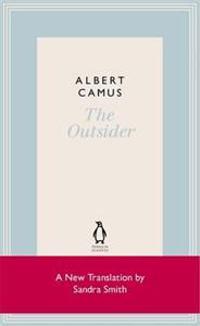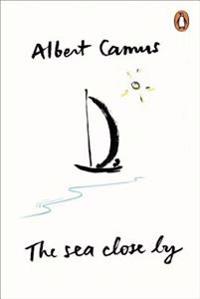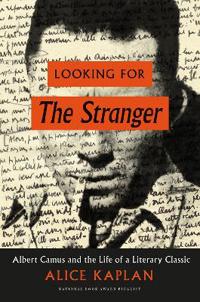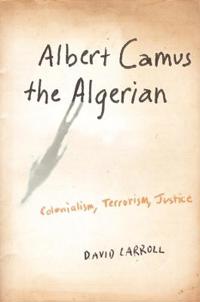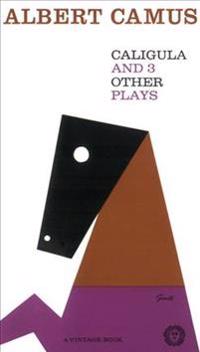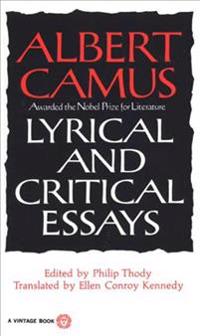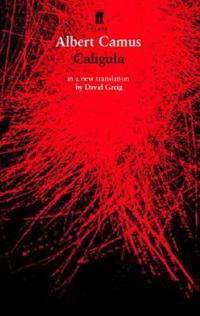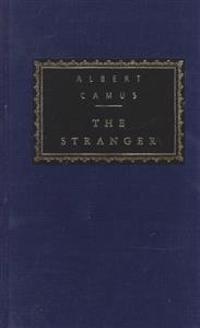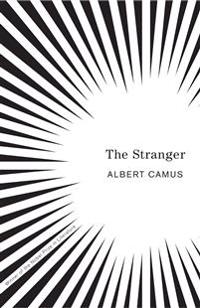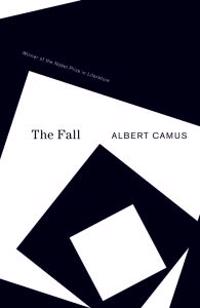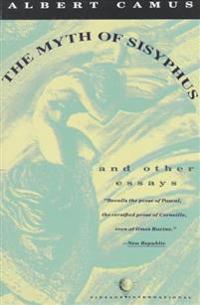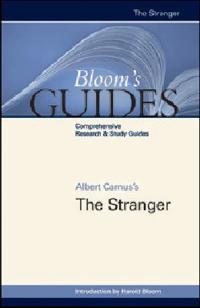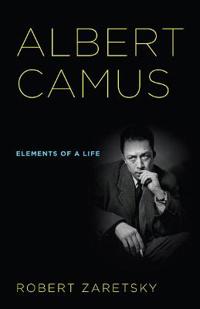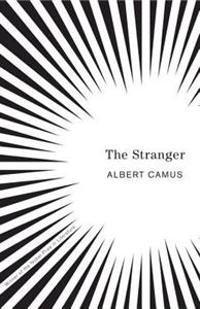The Outsider (Inbunden)
avAlbert Camus
ISBN: 9780141389585 - UTGIVEN: 2012-09'My mother died today. Or maybe yesterday, I don't know.' Sandra Smith's new translation, based on close listening to a recording of Camus reading his work aloud on French radio in 1954, sensitively renders the subtleties and dream-like atmosphere of L'Etranger. In "The Outsider" (1942), his classic[...]
Looking for the Stranger: Albert Camus and the Life of a Literary Classic
ISBN: 9780226241678 - UTGIVEN: 2016-09The Stranger is a rite of passage for readers around the world. Since its publication in France in 1942, Camus s novel has been translated into sixty languages and sold more than six million copies. It s the rare novel that s as at likely to be found in a teen s backpack as in a graduate philosophy [...]
Albert Camus, the Algerian (Inbunden)
ISBN: 9780231140867 - UTGIVEN: 2007-04In these original readings of Albert Camus' novels, short stories, and political essays, David Carroll concentrates on Camus' conflicted relationship with his Algerian background and finds important critical insights into questions of justice, the effects of colonial oppression, and the deadly cycle[...]
Albert Camus the Algerian (Häftad)
avDavid Carroll
ISBN: 9780231140874 - UTGIVEN: 2008-10In these original readings of Albert Camus' novels, short stories, and political essays, David Carroll concentrates on Camus' conflicted relationship with his Algerian background and finds important critical insights into questions of justice, the effects of colonial oppression, and the deadly cycle[...]
In Translation (Inbunden)
avAlbert Camus
ISBN: 9780231159685 - UTGIVEN: 2013-06The most comprehensive collection of perspectives on translation to date, this anthology features essays by some of the world's most skillful writers and translators, including Haruki Murakami, Alice Kaplan, Peter Cole, Eliot Weinberger, Forrest Gander, Clare Cavanagh, David Bellos, and Jose Manuel [...]
The Outsider (Häftad)
avAlbert Camus
ISBN: 9780241950050 - UTGIVEN: 2010-07The Outsider is an enduring classic of existential writing by Albert Camus. 'Mother died today. Or maybe yesterday, I don't know.' Meursault is different. He will not lie. He will not pretend. He is true to himself. So when his mother dies and he is unmoved, he refuses to do the proper thing and gri[...]
Exile and the Kingdom (Häftad)
avAlbert Camus
ISBN: 9780307278586 - UTGIVEN: 200702A compelling new translation of a collection of short fiction by the Nobel Prize-winning author explores the challenges of being an outsider--even in one's own country--and of allegiance, as it moves from Paris, to the harsh deserts of North Africa, to the wild jungles of Brazil. Reprint. 17,500 fir[...]
Algerian Chronicles (Inbunden)
avAlbert Camus
ISBN: 9780674072589 - UTGIVEN: 201305More than fifty years after Algerian independence, Albert Camus' Algerian Chronicles appears here in English for the first time. Published in France in 1958, the same year the Algerian War brought about the collapse of the Fourth French Republic, it is one of Camus' most political works--an explorat[...]
A Life Worth Living: Albert Camus and the Quest for Meaning (häftad)
ISBN: 9780674970861 - UTGIVEN: 2016-11The Stranger (Inbunden)
avAlbert Camus, Keith Gore
ISBN: 9780679420262 - UTGIVEN: 199302Introduction by Peter Dunwoody; Translation by Matthew Ward
The Stranger (Häftad)
avAlbert Camus
ISBN: 9780679720201 - UTGIVEN: 198903Through the story of an ordinary man unwittingly drawn into a senseless murder on an Algerian beach, Camus explored what he termed "the nakedness of man faced with the absurd." First published in 1946; now in a new translation by Matthew Ward.[...]
The Fall (Häftad)
avAlbert Camus
ISBN: 9780679720225 - UTGIVEN: 199105Elegantly styled, Camus' profoundly disturbing novel of a Parisian lawyer's confessions is a searing study of modern amorality.[...]
The Myth of Sisyphus: And Other Essays (Häftad)
avAlbert Camus
ISBN: 9780679733737 - UTGIVEN: 199105Essays deal with nihilism and the problem of suicide
The Rebel (Pocket)
avAlbert Camus
ISBN: 9780679733843 - UTGIVEN: 199111By one of the most profoundly influential thinkers of our century, The Rebel is a classic essay on revolution. For Albert Camus, the urge to revolt is one of the "essential dimensions" of human nature, manifested in man's timeless Promethean struggle against the conditions of his existence, as well [...]
Albert Camus
ISBN: 9780773534674 - UTGIVEN: 2008-10Adopting an interdisciplinary approach that encompasses philosophy, literature, politics, and history, John Foley examines the full breadth of Camus' ideas to provide a rigorous guide to his political and philosophical thought, making a significant contribution to current debates in Camus research. [...]
Albert Camus (Häftad)
avOlivier Todd
ISBN: 9780786707393 - UTGIVEN: 200002In this vibrant, engaging biography of Albert Camus, the internationally acclaimed author of The Stranger, The Plague, and The Fall, French writer and journalist Olivier Todd has richly tapped resources never before availablepersonal correspondence, notebooks, public records, as well as exclusive in[...]
Albert Camus's The Stranger (Inbunden)
avHarold (EDT) Bloom
ISBN: 9780791098295 - UTGIVEN: 2008-04Camus' landmark novel traces the aftermath of a shocking crime and the man whose fate is sealed with one rash and foolhardy act. "The Stranger" presents readers with a new kind of protagonist, a man unable to transcend the tedium and inherent absurdity of everyday existence in a world indifferent to[...]
Albert Camus (Häftad)
ISBN: 9780801479076 - UTGIVEN: 2013-09"Like many others of my generation, I first read Camus in high school. I carried him in my backpack while traveling across Europe, I carried him into (and out of) relationships, and I carried him into (and out of) difficult periods of my life. More recently, I have carried him into university classe[...]

